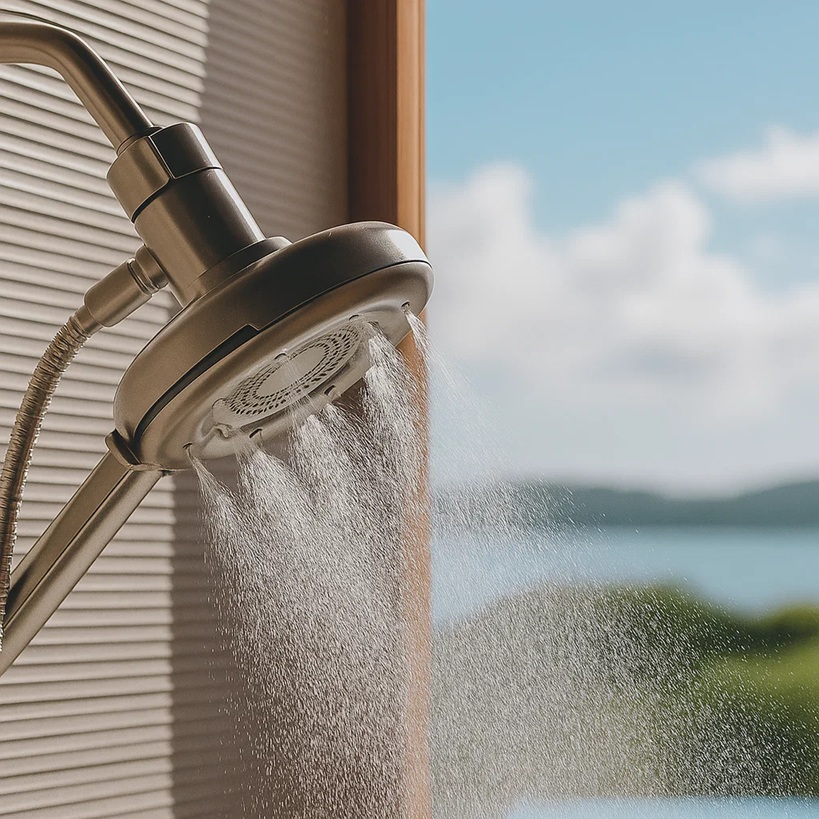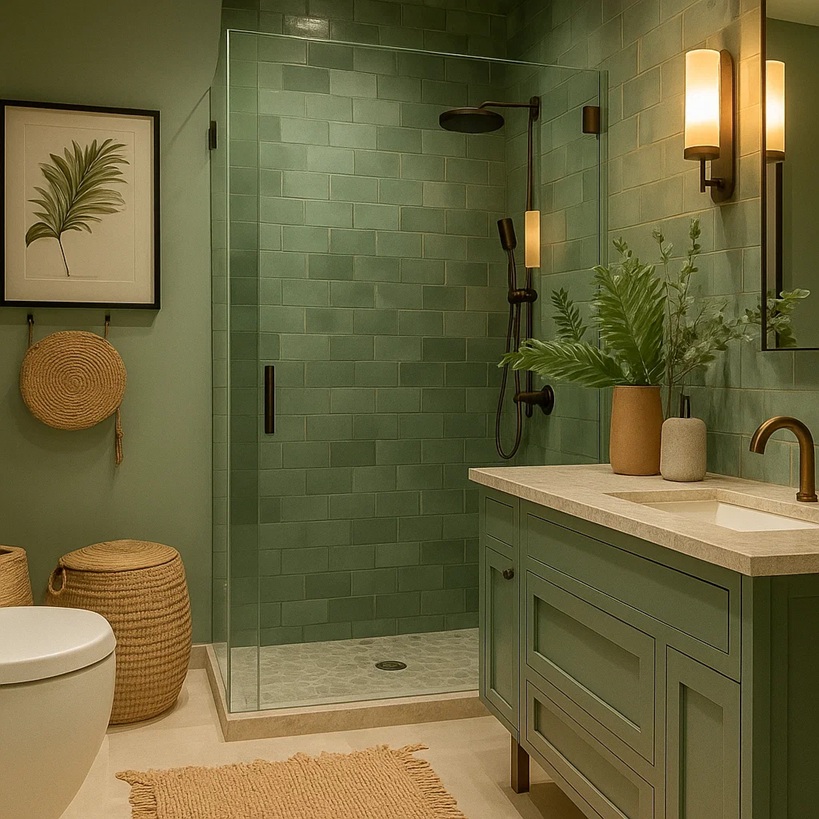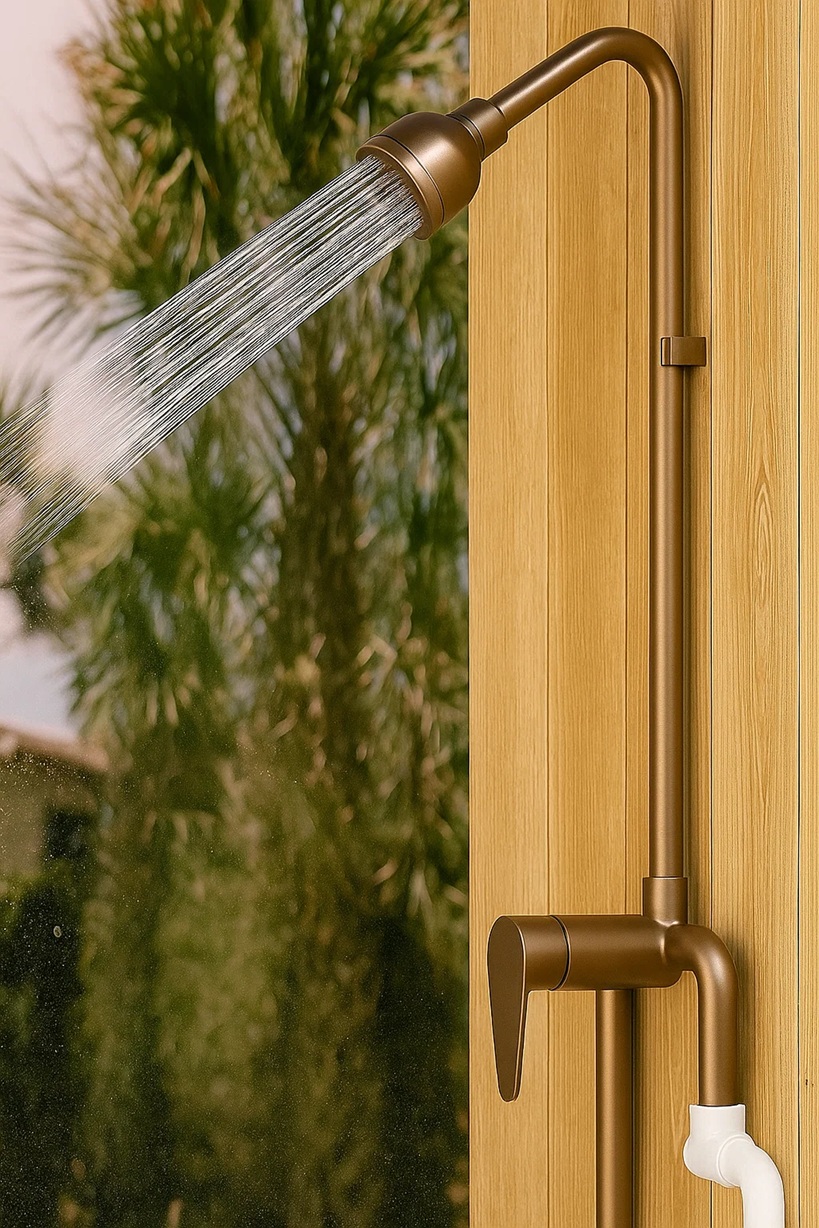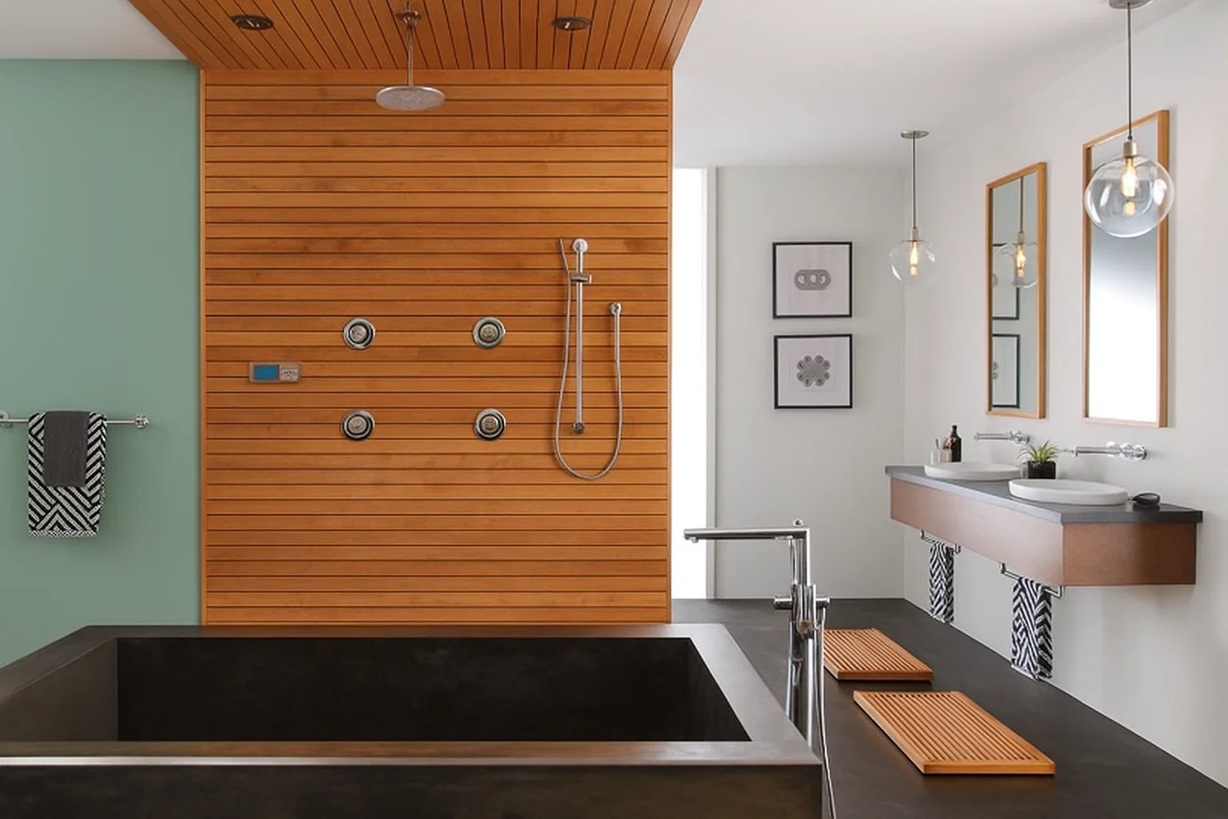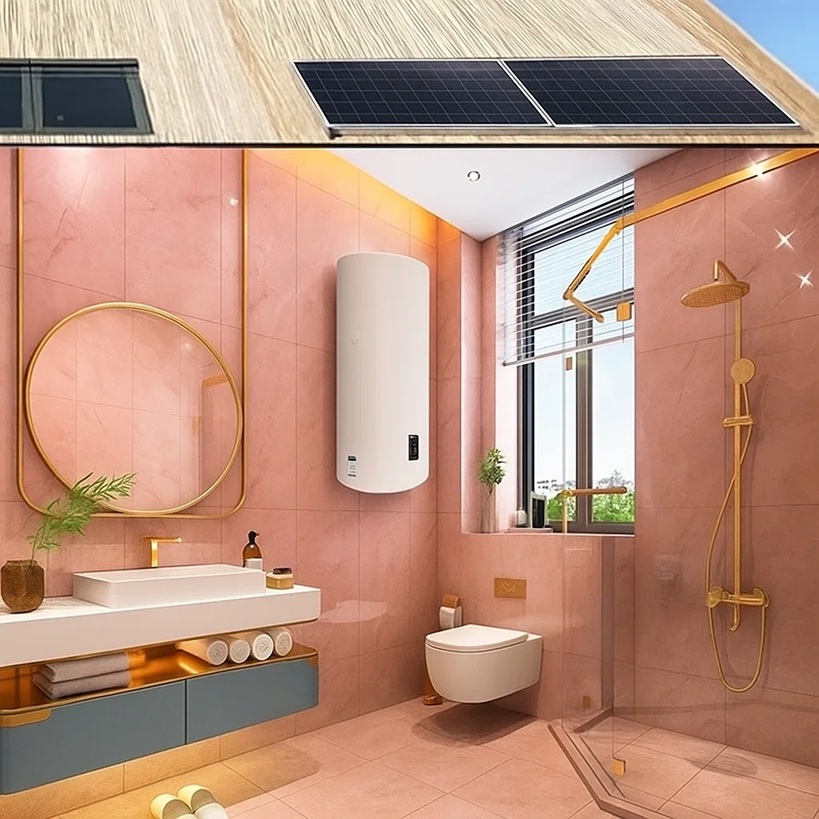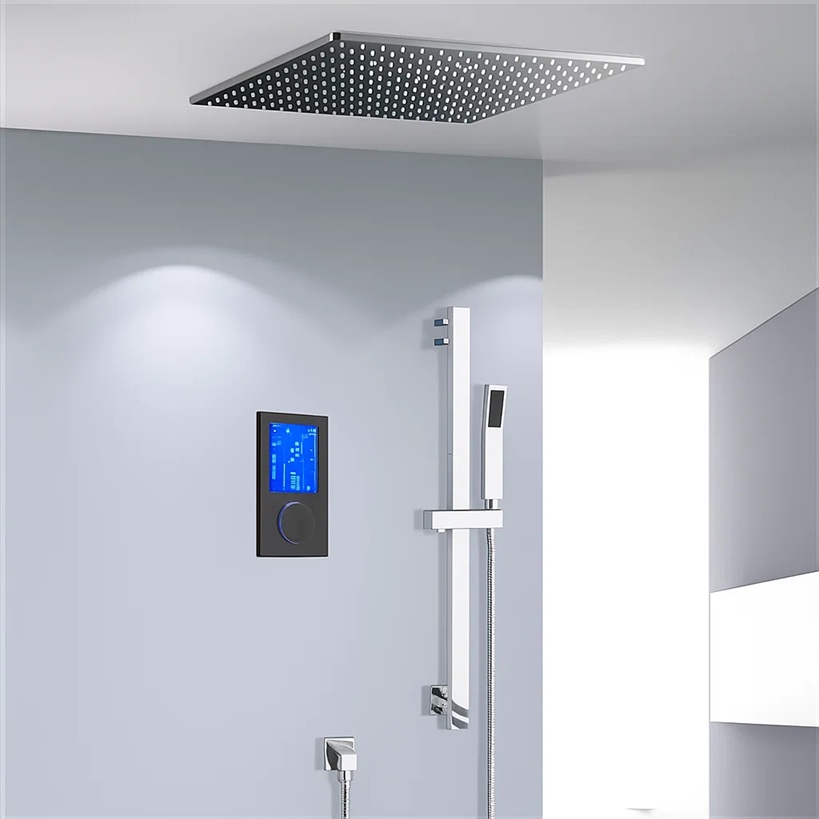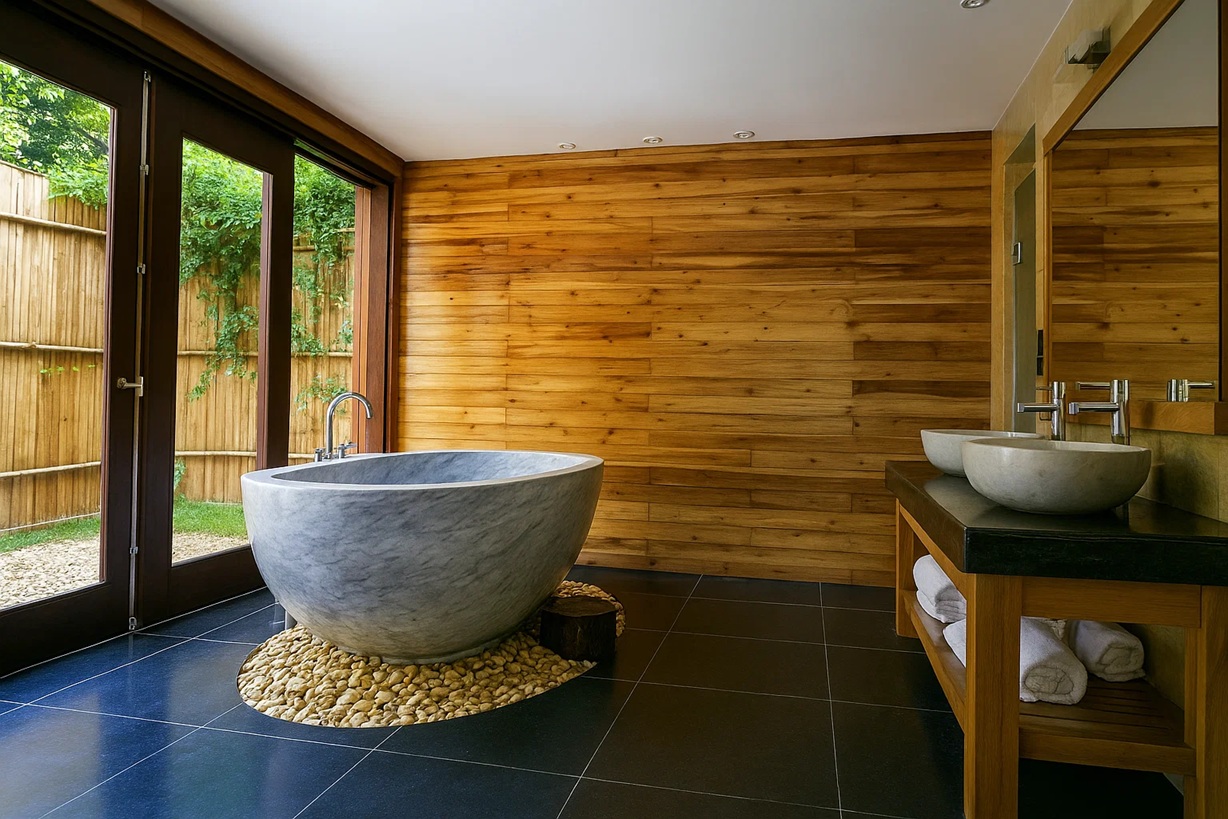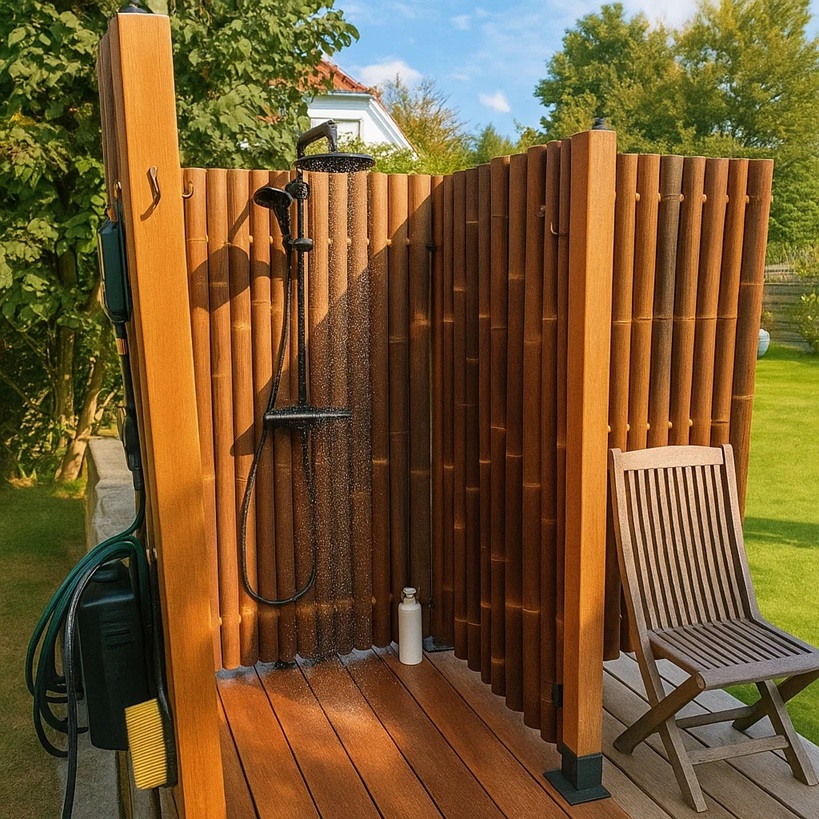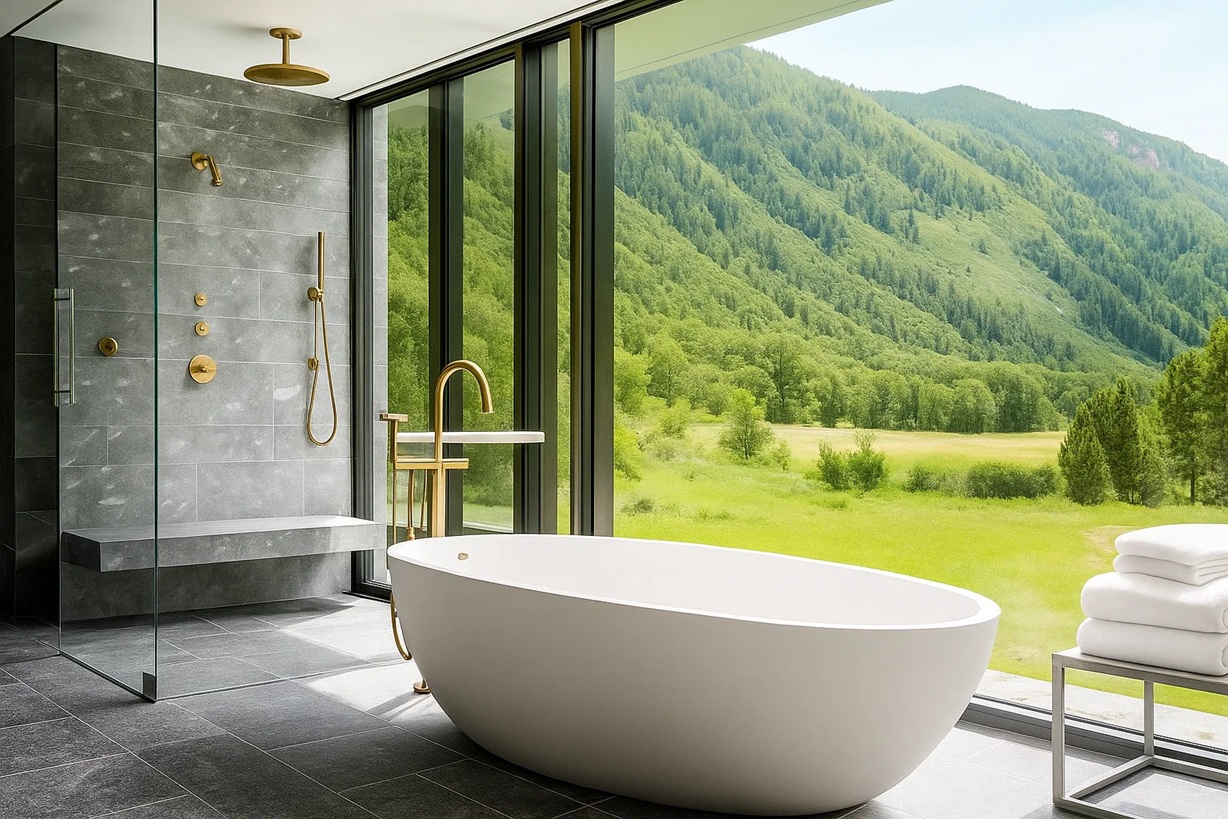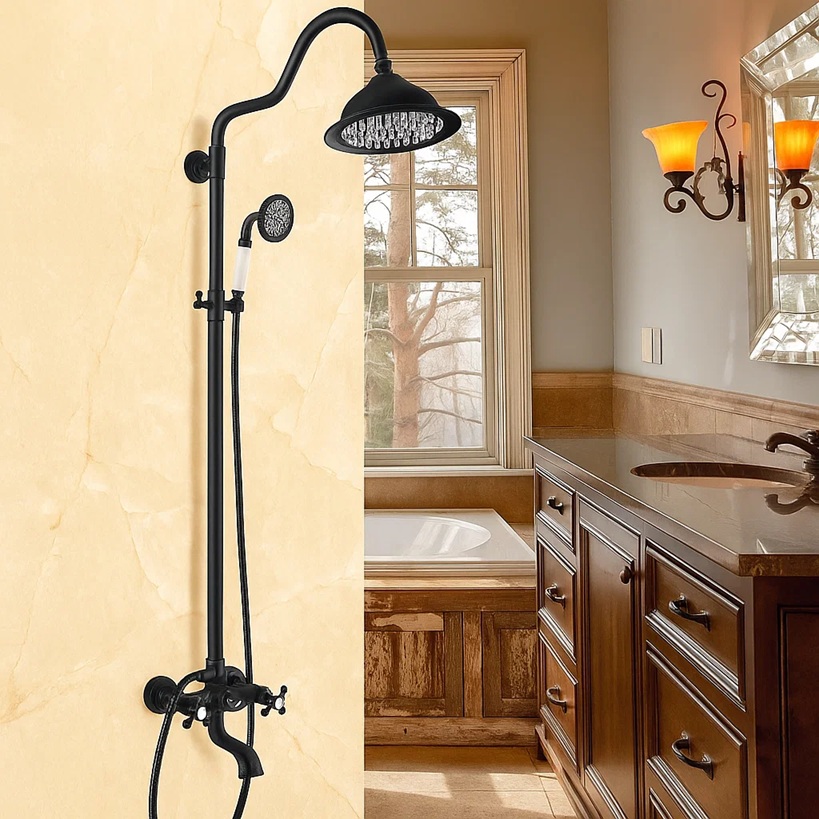Sustainable & Eco-Friendly Solutions
Designing for the Future of Responsible Hospitality
Sustainability in hospitality is no longer a design option — it’s a global expectation. As hotels, resorts, and boutique properties confront rising environmental standards and guest demand for greener travel, the shower has emerged as a key focus of water and energy stewardship.
At Hospitality Showers, we spotlight the innovations, materials, and technologies that allow properties to reduce environmental impact without compromising luxury, comfort, or performance.
The future of hospitality showers lies at the intersection of efficiency, design integrity, and guest well-being.
1. The Shift Toward Responsible Water Use
Water is the lifeblood of hospitality, yet it’s also a finite resource. According to the UN World Water Development Report (2024), the hotel industry consumes an average of 400–1,200 liters per guest per night, with showers accounting for nearly 30% of that total.
Emerging water-saving innovations:
- 💧 Low-flow and air-infusion showerheads delivering full-pressure experiences at 1.25–1.75 GPM.
- 🔄 Greywater reuse systems that filter shower runoff for toilet flushing or landscaping.
- 🌐 Smart sensors and timers optimizing water duration and temperature control.
- ⚙️ Pressure-compensating valves maintaining flow consistency across multi-floor hotels.
Brands like High Sierra and Toto lead this field, proving that sustainability doesn’t mean sacrificing comfort.
Reference: UNESCO WWDR 2024; EPA WaterSense Technical Guidelines, 2025.
2. Energy Efficiency Through Smart Heating & Thermal Recovery
Energy use in water heating remains one of the largest carbon contributors in hospitality operations. Progressive properties now integrate heat recovery systems that reclaim thermal energy from shower wastewater to preheat incoming supply — cutting energy consumption by up to 30%.
Other energy-conscious upgrades include:
- ⚡ Instantaneous on-demand water heaters replacing traditional tanks.
- 🌞 Solar-assisted heating systems for tropical and coastal resorts.
- 🌡️ Smart thermostatic controls maintaining optimal comfort with reduced standby energy loss.
Hotels such as Six Senses Ibiza and The Conrad Los Angeles demonstrate how energy intelligence can be beautiful — marrying sustainability with seamless guest experience.
Reference: Green Hotelier Energy Benchmarking Study, 2024; Hospitality Sustainability Index Report, 2025.
3. Materials That Care for the Planet
Sustainability extends beyond water to the materials that form the physical environment. Modern hospitality showers increasingly rely on recyclable, durable, and low-emission materials, reducing both embodied carbon and maintenance cycles.
Trending materials include:
“Durability is sustainability. Materials that last reduce waste, cost, and environmental burden.”
— Sophie Legrand, Sustainability Consultant, GreenBuild Europe, 2025
Reference: Material Sustainability Index 2025, GreenBuild Journal, Vol. 16.
4. Certifications & Global Standards Driving Change
To meet international expectations, hospitality projects increasingly seek sustainability certifications that evaluate performance, resource efficiency, and guest well-being.
🌱 LEED
Leadership in Energy and Environmental Design
Focus: Water Efficiency (WE) credits and sustainable design integration.
🏗️ BREEAM
Building Research Establishment Environmental Assessment Method
Focus: Material sourcing and water consumption tracking.
🌤️ WELL Building Standard
Health and Wellness-Focused Certification
Focus: Occupant comfort, air quality, and water safety.
🌿 Green Key International
Environmental Label for Tourism and Hospitality
Focus: Operational and maintenance best practices for hotels.
By aligning with these frameworks, hotels can attract eco-conscious travelers and demonstrate verified commitment to environmental ethics and global performance standards.
Reference: USGBC LEED v4.1 Water Efficiency Guidelines; Green Key International Handbook, 2025.
5. Greywater and Circular Systems: The Next Frontier
Circular water systems are redefining sustainability by transforming waste into resource. Advanced hotels now deploy closed-loop filtration systems that collect and treat shower water onsite for reuse.
Benefits:
- 💧 Reduces municipal water dependency.
- ♻️ Enables compliance in drought-affected regions.
- 🌍 Improves ESG scores and strengthens green brand appeal.
The Aman Kyoto and EcoLuxe Bali Resort have successfully piloted greywater reuse initiatives, achieving annual water savings of up to 35% without compromising comfort or hygiene.
Reference: Circular Water Use in Hospitality Report, World Travel & Tourism Council, 2024.
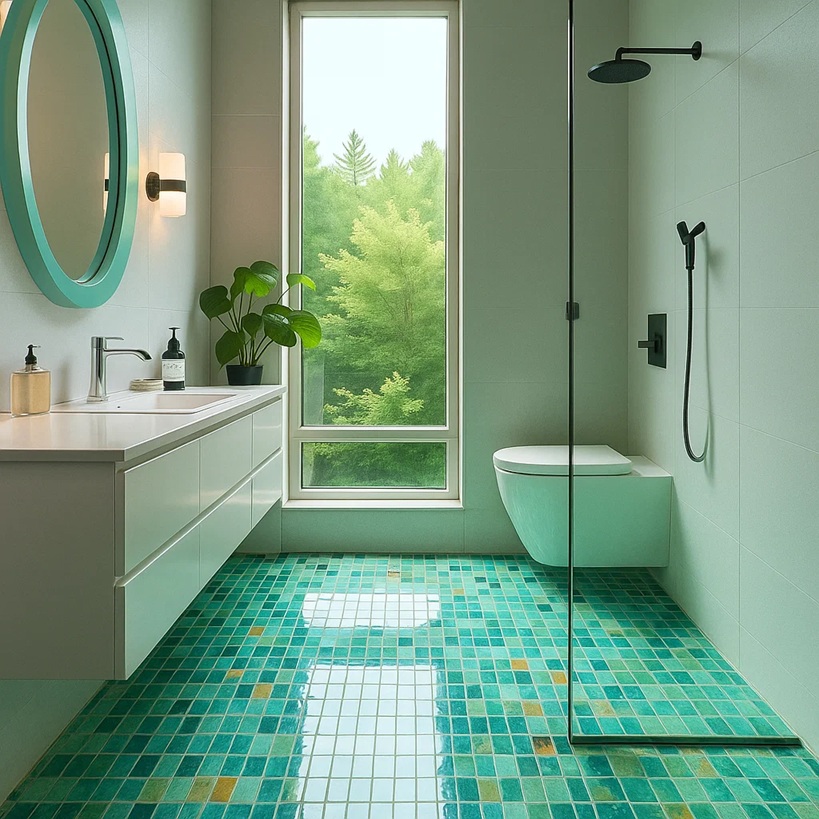
6. The Guest Perspective: Conscious Comfort
Modern travelers expect comfort and conscience. According to Booking.com’s 2025 Sustainable Travel Report, over 70% of guests prefer eco-certified accommodations, and 54% actively evaluate water and energy practices during booking.
70%
Prefer eco-certified stays
54%
Evaluate water & energy use
Hoteliers are responding with transparency — using digital room tablets and QR-based info panels to highlight eco-features such as low-flow fixtures, renewable energy, and waste-free toiletries.
This shift reframes sustainability as a visible part of the guest journey, not an invisible system behind the walls.
Reference: Booking.com Sustainable Travel Insights, 2025.
7. Design Innovation: Beauty With Purpose
Sustainability is no longer synonymous with simplicity. Designers now craft eco-friendly showers that celebrate texture, tone, and tactile harmony while meeting environmental targets.
Contemporary trends include:
These innovations allow hotels to express character while lowering lifecycle costs and environmental waste.
Reference: EcoDesign in Hospitality Interiors, 2025; Sustainable Materials Digest, Vol. 19.
8. Beyond Compliance: Building a Culture of Responsibility
Truly sustainable hospitality goes beyond fixtures — it’s about mindset. Properties that excel in sustainability build internal cultures that value training, maintenance, and accountability.
🧾 Regular Audits
Conduct frequent audits of water and energy systems to ensure efficiency and compliance.
📘 Staff Education
Train staff in eco-operation protocols and sustainability best practices to reinforce awareness.
🤝 Ethical Sourcing
Collaborate with suppliers who follow ethical sourcing and fair-labor practices.
🌿 Guest Engagement
Encourage guests to participate in sustainability programs such as “Opt-Out of Daily Linen” initiatives.
“Sustainability is not a trend. It’s an operational evolution — a long-term investment in brand integrity.”
— Michael O’Connor, Director, Evergreen Hospitality Group, Dublin
Reference: Interview, Evergreen Hospitality Sustainability Report, 2025.
Conclusion: A Greener Path Forward
From energy recovery systems to recycled materials, the evolution of sustainable hospitality showers represents more than efficiency — it reflects a philosophy of respect for resources, guests, and the planet. Hotels that lead in this domain will not only reduce costs but also strengthen their brand identity as innovators and responsible global citizens.
At Hospitality Showers, we continue to celebrate the designers, engineers, and thought leaders shaping the new era of eco-luxury — proving that sustainability and sophistication can truly coexist.
References
Together, we build the future of hospitality — one sustainable innovation at a time.



